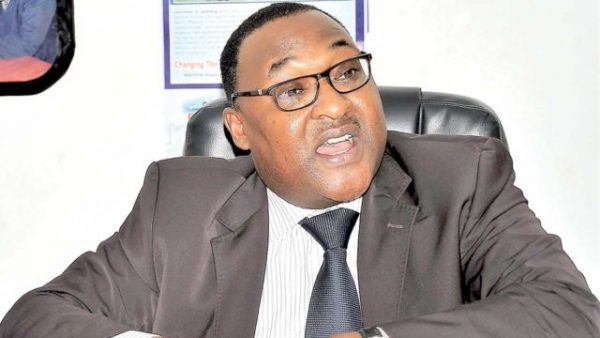‘New national fleet will create wealth, employment for Nigerians’

• NSC expresses commitment to re-introduce cargo trackers at seaports
The Executive Secretary, Nigerian Shippers Council (NSC), Hassan Bello, has declared that a private sector-led national fleet will aid Federal Government’s economic diversification drive, create wealth, and provide massive employment for Nigerians when implemented.
In his message to seafarers in Lagos, Bello, who berated the low number of Nigerian seafarers despite being a maritime nation, called for full implementation of the policy, urging stakeholders to key into the economic-oriented goal. He said: “If the Nigerian fleet is incentivised and nurtured with requisite policies put in place, as in other parts of the world, it will give a boost to the employment of seafarers, capacity development, and contribute to the nation’s Gross Domestic Product (GDP).”
At present, Bello said shipping contributes a paltry 0.05 per cent of the GDP, while in other countries such as Greece; it is 3.6 per cent, and United Kingdom, 0.2 per cent. He said the national fleet would also guarantee that Nigerian vessels obtain a fair share of Nigeria’s seaborne traffic, adding, “It will also encourage the manning of flag ships and coordination of training examination and certification of seafarers.”
Bello said the nation has lost so much to foreign fleet in the past, noting that about $9 billion was paid as freight for dry and wet cargoes to foreign ship owners by Nigeria in 2015 alone, due to absence of Nigeria-owned fleet plying international trade.
According to him, the Federal Government had constituted a committee to propose modalities for the establishment of private sector driven and sustainable Nigerian fleet. He said estimates showed that on the average, about 25 seafarers work aboard a ship at a particular time every four months of the year, indicating about 75 seafarers per vessel per year.
With about 50 vessels targeted in the next five years, Nigeria could create employment for over 11,250 seafarers, when the appropriate incentives and policies are put in place as being requested by the Nigerian Fleet Implementation Committee.
Meanwhile, Bello has assured of plans to re-introduce Cargo Tracking Note in Nigerian seaports, to aid the monitoring of cargos coming in and out of the country. Speaking during a day workshop organised for journalists in Abuja, the NSC scribe explained that the cargo tracking note would track cargoes from the port of loading, to ease the clearance at the port of destination.
He noted that more than 90 per cent of goods coming into the country are under-declared to the Nigerian Custom Service, adding that the tracking device will not only boost revenue generation of the Customs, Nigerian Port Authority, and many others, but will also aid the nation’s security apparatus.
He further explained that the electronic device will help determine the origin, weight, and quality of cargoes coming into Nigeria, adding that the information would be shared with the National Drug Enforcements Agency (NDLEA), National Agency for Food, Drug Administration and Control (NAFDAC), among other enforcement agencies present at the ports.







